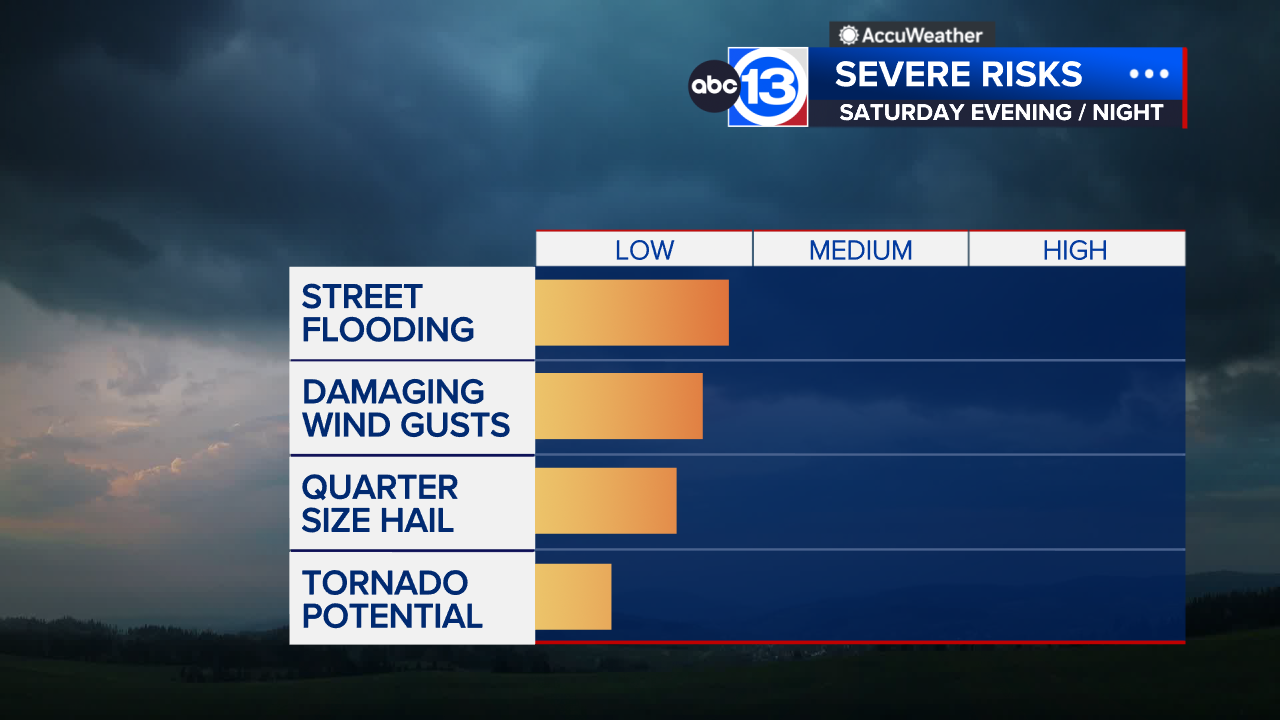Program to keep drivers safe while sharing the road with big rigs
HOUSTON, Texas (KTRK) -- Starting Tuesday, there's a big effort to make sure commercial vehicles are 'up to spec' to keep all drivers safe on the road. It's part of the annual "Roadcheck 2017" program.
Department of Public Safety troopers in the state will be on the lookout for big-rigs and buses with serious equipment violations.
Last year, DPS and other agencies flagged just over 22 percent of commercial vehicles that required the truck or bus be placed out of service until repairs could be made.
Everyday millions of commuters travel Houston's highways and byways.
In fact, just within the last two days we've seen at least five accidents involving big trucks.
So, what can we can do as other freeway drivers to help prevent some accidents from happening? We went to Arthur Chevis for some perspective. He's been driving an 18-wheeler for 30 years. His job, like many others, is to deliver his client's merchandise as safely as possible.
"Most 18-wheeler drivers aren't reckless. They're carrying freight, high dollar freight. They aren't going to try to mess domestic freight up because they'll have to pay for it," explained Chevis.
And while he's at work, he has to share the road with all of us, so he tries to stay in a middle lane during peak hours.
"If you get in the right lane, there's a lot of traffic entering and exiting off. If you get in the fast lane, that's the passing lane, so normally trucks get in the middle lane, keep the truck gear down," said Chevis.
He continued, "You're supposed to leave a dead spot -- like 15-20 cars in order to stop your truck -- but when you leave that dead spot of 15 to 20 cars, it fills back up, so you have to down shift, especially when you're in traffic."
While Chevis says he has a perfect driving record, that isn't the case for all drivers.
"On average, we have more than eight accidents over the Harris County Metroplex within every hour," said Texas DPS Sergeant Stephen Woodard.
Woodard says in 2016, nearly 6,000 accidents in Harris County included 18-wheelers. Among those, there were 37 fatalities.
"Predominantly, it's not always the commercial motor vehicle driver's fault," said Woodard.
"Keep in mind that this vehicle cannot stop on a dime. They can't stop as you can. Also, keep in mind that a truck has a lot of blind spots. So, it's going to be up to you not to ride the truck's rear portion of the vehicle because he can't see you. He's blind," Woodard explained.
Also, don't cut in front of an 18-wheeler if they don't have 15 to 20 car spaces in front of them, and definitely don't cut in front a truck and slam on your brakes. The driver doesn't have enough space to stop its heavy load.
But Woodard says, 18-wheeler drivers also have to do their part by keeping their load at a proper weight and their vehicle up to code by getting the vehicle inspected yearly. DPS also does surprise inspections to make sure.
"We're looking for proper brakes, tire inflation, ensuring that the actual driver log book is up to date, and that they're taking the proper rest on a trip," said Woodard.
For Chevis, he says next time you pass a heavy truck, remember, "Planes carry in air. Boats carry in the water. We carry on land, and without us, you've got nothing... Doing our job at the best of our knowledge."





